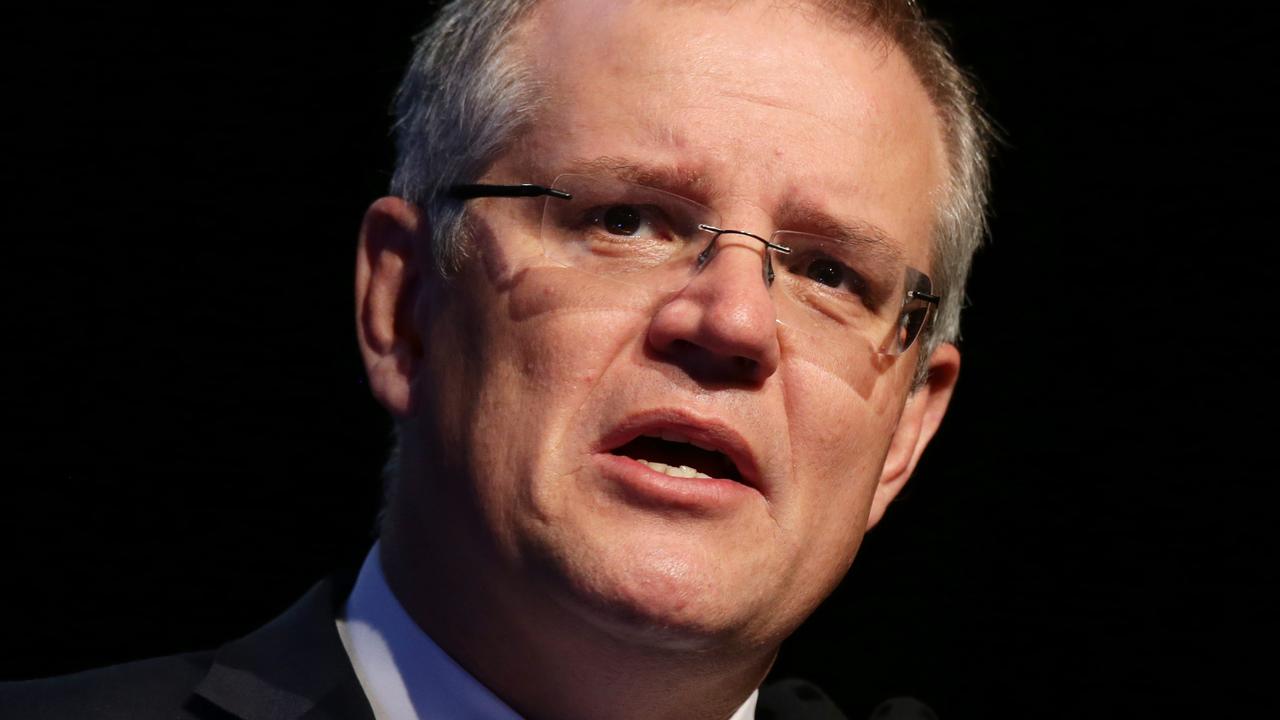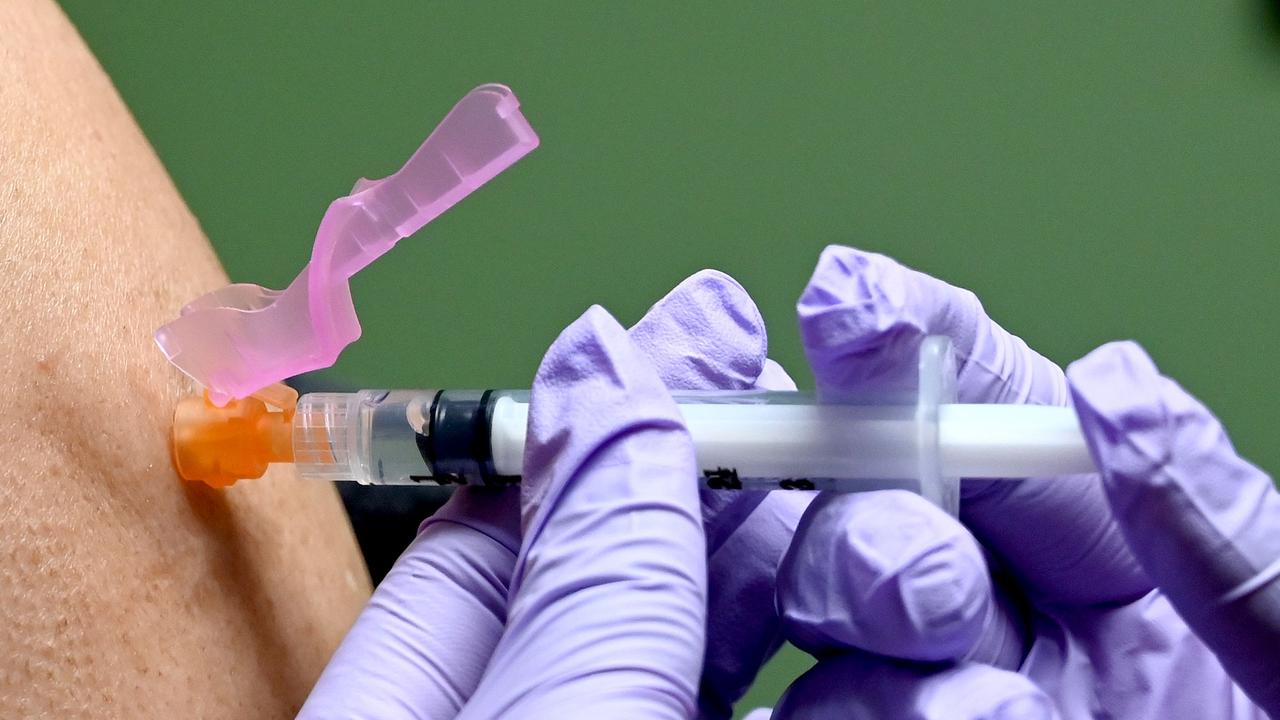Coronavirus vaccine: Truth behind Scott Morrison’s ‘No Jab, No Pay’ policy
Scott Morrison likes to point out he’s the minister who introduced “No Jab, No Pay” but a 2015 interview has come back to haunt him.
OPINION
Scott Morrison was in a strop. It was a Friday – February 20, 2015 – and the Productivity Commission had just released a report into childcare.
He had reluctantly agreed to be interviewed about the report in his capacity as social services minister by News Corp Australia’s Sunday newspapers.
Recently appointed to the role after “stopping the boats”, he was, by all accounts, not impressed with his new job and regarded it as a sideways move.
As it turned out, the interview lasted for around six minutes and the argument about the interview lasted a bit longer.
As a journalist, it was just your basic nightmare, like trying to interview the grumpy dwarf in Snow White.
Every question elicited the same answer, he wasn’t ruling anything in or anything out.
He clearly didn’t want to do the interview, he didn’t care to share his views on any of the ideas in the report, and appeared determined to ensure anything he did say was almost unusable.
RELATED: COVID-19 vaccine will be ‘mandatory’

By the end of the interview, I explained that I could probably just go with the Productivity Commission’s call for welfare payments to be restricted for parents who failed to immunise their children and slot in his response to the “No Jab, No Pay” idea.
“But I didn’t rule that in or out!,” he complained.
No, he had not. But in the absence of him saying anything of substance, it was the best line out of the report.
If he had a better suggestion, he was free to make it and I was happy to consider writing that.
The response to this suggestion was even grumpier.
“It’s not my job to tell you how to write stories!” he said.
Nope, it wasn’t. But when I explained that this was a campaign that the Sunday newspapers were passionate about to improve immunisation rates, he proceeded to explain to me that there was no issue anymore.
The reforms being proposed were already in place, he insisted.
Aware that he was new to the portfolio, having been appointed just eight weeks before, I explained this was not the case.
RELATED: ‘Poison’: Anti-vaxxer fury at Scott Morrison

There were religious exemptions and “conscientious objection” exemptions that meant anti-vaxxers were ignoring the rules without consequence.
The problem, I explained, was you could “drive a truck” through the exemptions and many parents were doing so.
Imagine my surprise just two months later in April, 2015, when the Prime Minister Tony Abbott and his social services minister Scott Morrison announced the roll out of the No Jab, No Pay laws.
“So the only exemption is now is medical. We’re not accepting any further exemptions from any religious exemptions,” Mr Morrison announced.
“The reaction has been overwhelmingly positive. People strongly support it and would welcome us going further, so we’re happy to do so.”
In fact, it was a hugely popular campaign for the Abbott Government that for a long time was their most popular social media campaign by a country mile.
But I nearly choked laughing when Mr Morrison appeared on television to spruik the change that year and heard him explain you could “drive a truck” through the current exemptions and the loophole simply had to be changed.
Yes, he really had stolen my lines from the grumpy dwarf interview debacle when he huffed and puffed that there was no issue with immunisation exemptions.
RELATED: PM says virus ‘lessons will be learnt’
And so it was with some nostalgia that I listened to the Prime Minister spruiking his credentials on the No Jab, No Pay front again as he discussed whether the COVID-19 vaccine would be mandatory this week.
“This is like any vaccine and, as you know, I have a pretty strong view on vaccines, being the social services minister that introduced No Jab, No Pay,” he said.
There’s no doubt the policy had an impact. In fact by 2019, it was estimated it resulted in nearly 200,000 extra kids being vaccinated in Australia. Italy and France later followed suit.
So, it was a good idea, even if the Prime Minister sometimes forgets that it wasn’t always his.




